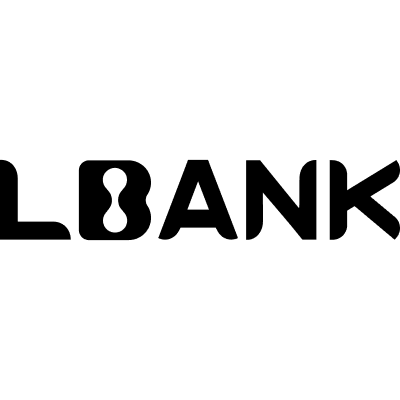– Ad –
| Getting your Trinity Audio player ready... |
In a striking example of how digital assets are reshaping financial enforcement, reports confirm that a South Korean City to seize crypto from residents who fail to pay their water bills. Local governments across the country have increasingly turned to cryptocurrency seizures as part of their debt recovery strategies, underscoring the growing integration of blockchain assets into mainstream governance.
This approach comes after earlier moves in cities like Cheongju and Jeju, where officials confiscated digital currencies from individuals with unpaid local taxes. Now, the strategy is expanding to cover overdue utilities, starting with unpaid water bills.
South Korean City to Seize Crypto: A New Enforcement Strategy
The South Korean City to seize crypto initiative reflects a broader trend in regulatory enforcement:
- Unpaid water bills targeted: Authorities are linking residents’ crypto holdings with overdue utility accounts, ensuring those who ignore payments can no longer hide behind digital assets.
- Crypto debt collection: By freezing and liquidating cryptocurrency, cities can recover funds more efficiently than through traditional banking channels.
- Regulatory backdrop: This move aligns with South Korea crypto regulation, which already treats virtual assets as taxable property subject to seizure.
- Precedents set by other cities: Cheongju City previously confiscated crypto from more than 200 residents for unpaid taxes, while Jeju Island has started targeting alleged tax evaders’ wallets.
These efforts show that cryptocurrency, once viewed as untouchable by authorities, is now firmly within the reach of government enforcement.
Why This Matters for Crypto Adoption and Regulation
The decision by a South Korean City to seize crypto over unpaid water bills is not just about recovering funds. It signals how deeply embedded digital assets have become in the country’s financial system.
- Utility enforcement with crypto: Using crypto for debt collection highlights how blockchain assets can be treated similarly to traditional assets.
- Fairness in payments: Authorities argue this ensures equity, as non-payers can no longer shield wealth in digital wallets while avoiding civic responsibilities.
- Stronger regulations ahead: The trend suggests South Korea may continue tightening oversight of crypto markets, particularly around compliance and reporting.
This development could also encourage other municipalities worldwide to explore similar methods for recovering unpaid debts.
Also Read: South Korea Crypto Firms Venture Status: Restrictions Lifted From September 16
FAQs
Which South Korean city is seizing crypto for unpaid water bills?
Incheon has been reported as preparing to seize crypto, while other cities like Cheongju and Jeju already enforce seizures for unpaid taxes.
How do authorities seize cryptocurrency?
Officials work with domestic exchanges to identify and freeze wallets tied to individuals with outstanding debts, then liquidate the assets.
Is this the first time South Korea has seized crypto?
No. Cities like Cheongju have been seizing crypto since 2021, mostly for unpaid taxes. Expanding it to utilities like water bills is the new step.
What does this mean for crypto users in South Korea?
It means cryptocurrency holdings are no longer beyond government reach. Investors must ensure tax and bill compliance to avoid asset seizures.

















